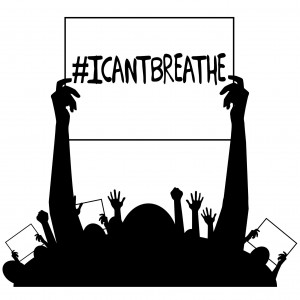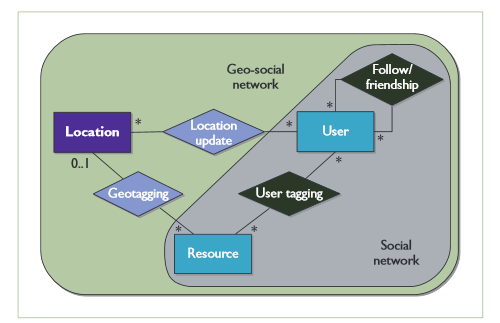 Everybody using any of the large social network services has probably experienced the following problem on many occasions: browsing tons of posts filled in with “funny” cat memes, short videos of “hilarious” fails and other social media garbage just to read one or two really interesting posts written in your friend’s own words and view that one photo from their last week’s wedding.
Everybody using any of the large social network services has probably experienced the following problem on many occasions: browsing tons of posts filled in with “funny” cat memes, short videos of “hilarious” fails and other social media garbage just to read one or two really interesting posts written in your friend’s own words and view that one photo from their last week’s wedding.
Social network noise is becoming a phenomenon that drags many users towards niche services. In fact, there is a strong trend towards filtering the content circulating within social networks.
Here are two articles published this year:
- Jynx: A social network that nixes everyone you disagree with written by Anthony Domanico refers to a fictional social network envisioned by comedians. While in the real world no one wants to go as far as to create a network only for those who we totally agree with on everything (we’d probably end up having many 1-member social networks), the issue pointed out is clear: we need more personalised and accurate content.
- Nattch Wants To Sell A Distraction-Free Social Network by Natasha Loams is in turn an article about the real attempt to create a garbage-free social network called Nattch. Its members are encouraged to post only the content that’s directly related to their life. It is more a good practice that Nattch members shall not post any random stuff. However, this is not a form of censorship but rather the community rule to keep the user input high quality and relevant.
Small.World is built with simplicity and relevance in mind from the start so it follows this trend in a way, making it an outstanding experience comparing to major social networks. It allows members to share only content that’s relevant to them, their friends and the places they are, i.e. only the photos taken and videos recorded right on their devices, no more random YouTube videos.
References
- Domanico, A., 2015. Jynx: A Social Network that Nixes Everyone You Disagree with. CBS Interactive Inc. Available at: http://www.cnet.com/uk/news/jynx-is-a-social-network-that-removes-everyone-you-disagree-with/ [Accessed April 22, 2015].
- Lomas, N., 2015. Nattch Wants To Sell A Distraction-Free Social Network. AOL Inc. Available at: http://techcrunch.com/2015/04/11/nattch/ [Accessed April 27, 2015].

